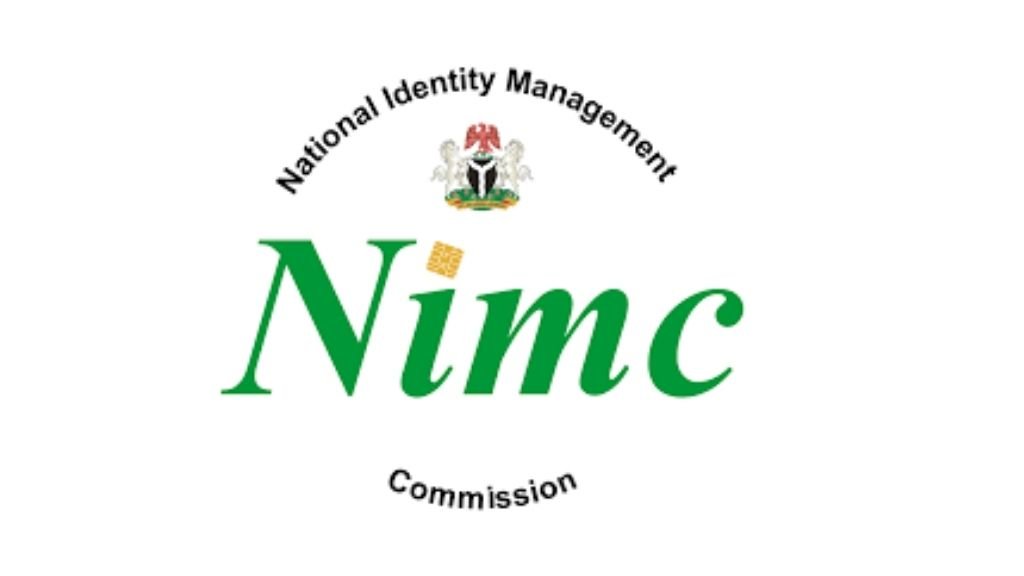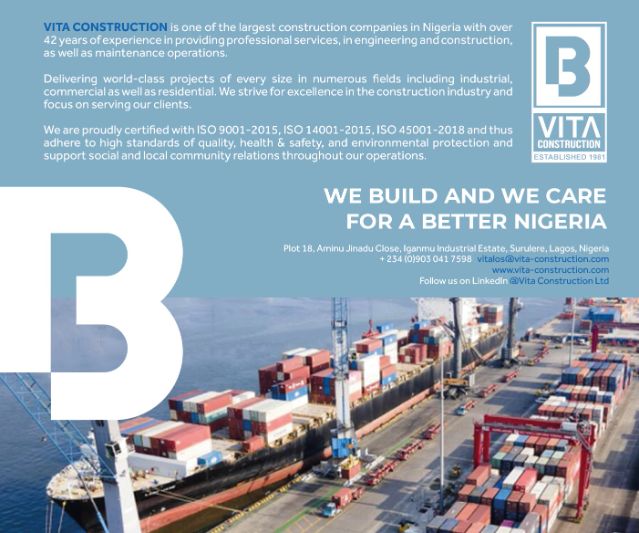 HEADLINENEWS.NEWS correspondent gathered that The federal government, through the National Identity Management Commission (NIMC), in collaboration with the Central Bank of Nigeria (CBN) and the Nigeria Inter-bank Settlement System (NIBSS), has launched an ambitious innovative identity solution with payment functionality for all types of social and financial services.
HEADLINENEWS.NEWS correspondent gathered that The federal government, through the National Identity Management Commission (NIMC), in collaboration with the Central Bank of Nigeria (CBN) and the Nigeria Inter-bank Settlement System (NIBSS), has launched an ambitious innovative identity solution with payment functionality for all types of social and financial services.
But the new card project will cost the government trillions of naira to execute, Daily Trust on Sunday has gathered. To produce a card of that nature for a citizen, it will cost the government between N5,000 and N10,000. If that is multiplied by 104 million, which is the number of Nigerians with the unique National Identity Numbers (NINs), it will cost the government not less than N1.04 trillion, HEADLINENEWS.NEWS correspondent on Sunday can report.
The new card, which is to be powered by AfriGO, a national domestic card scheme, according to the government, is layered with verifiable national identity features. It is also backed by the NIMC Act nimber 23 of 2007, which mandates the commission to enroll and issue a general multipurpose card (GMPC) to Nigerians and legal residents, according to a statement signed by NIMC’s spokesman, Kayode Adegoke last week.
“This card will address the demand for physical identification enabling cardholders to prove their identity, access government and private social services, facilitate financial inclusion for disenfranchised Nigerians, empower citizens, as well as encourage increased participation in nation building,” Adegoke noted in the statement.”
In addition to this functionality, cardholders will also be able to use the card as debit or prepaid cards by linking the same to bank accounts of their choice. The card shall enable eligible persons, especially those financially excluded from social and financial services, to have access to multiple government intervention programmes.
However, tongues are wagging over the new project and the money so far spent on the current NIN, which equally serves virtually the same functions as the new card.
HEADLINENEWS.NEWS correspondent on Sunday gathered that billions of naira has been spent in the current National Identity Number project. The NIN, which was well crafted and proposed by the last NIMC administration and approved by the then federal government, was supported by the World Bank.
The project was worth $433 million, according to a NIMC official who requested for anonymity. This is aside from what the federal government spent on its part to facilitate the process.
“It was learnt that the new NIMC leadership misunderstood the world Bank project by assuming that the money was in the commission, not realising that it was worked out in such a way that only by generating a NIN is each licensed private entity paid $1 (one dollar) as approved in the project,” a source told Daily Trust on Sunday on Friday.
Another source said that by hurriedly stopping the licensed agents and going back to opening up the NIN Verification Service (NVS), the new NIMC director- general and her management team not only stopped the hand of the clock of progress of the current Nigerian ID project, they also compromised national security. But the NIMC said this wasn’t true.
The claim of starting a new ID project (of 3 IDs) is merely to cover up for the lack of direction, another source alleged.
‘Harmonisation is what is required’
One of the reasons some Nigerians believe the new ID project will be a waste of efforts and money is that even those who applied for the current national ID card have not been able to collect theirs after many years.
Also, a Lagos-based expert on digital identity, Idowu Derele, said there was actually no “new ID card project” in view. Derele said it had become clear that the new NIMC management is merely desperate to appear to be seen to be performing.
He said that rather than build on the achievements recorded by the immediate past leadership of the commission, which by the way received global commendation, it is relying on propaganda.
Can the federal government that is talking of cutting cost in the absence of resources afford to spend N5,000 to N10,000 per physical card for each citizen? The NIN is the way to go as this is the global trend (social security number in US, aadhar number in India, insurance number in UK),” the source told HEADLINENEWS.NEWS correspondent on Sunday.
Another expert who also requested to be anonymous said that by opening up the NVS, the new NIMC management exposed the data of Nigerians.
“This is a national security threat. The Nigerian Data Protection Commission is also failing in its duty by not sanctioning the NIMC for compromising citizens’ data and not respecting their privacy. The NDPC has thus become complicit in NIMC’s data breach,” he said.
But speaking with our reporter on Friday, Adegoke, the NIMC spokesman, said the commission was not starting a new project. “It is the continuation of the old project. We just want to harmonise it and add more features. The media is getting it wrong,” he said.
Adegoke said the claim that the NVS would compromise national security was a false assumption. He said the NVS was designed to ease the NIN registration and make it seamless.
The NIMC spokesman, who later sent a write-up on the proposed card to this reporter, said the new national ID card was a single, convenient and general multipurpose card (GMPC), eliminating the need for multiple cards.
“The National Identity Management Commission is working with the Central Bank of Nigeria and the Nigerian Interbank Settlement System to deliver the payment and financial use cases.
“The card will be powered by the AFRIGO card scheme, an indigenous scheme powered by the NIBSS.
“Applicants for the card will have to request for their NIN through a self-service online portal, NIMC offices, or their respective banks
“The card will be issued through the applicants’ respective banks in line with existing protocols with the issuance of debit/credit cards.
“The card can be picked up by holders at a designated centre or delivered to the applicants at the requested location at an extra cost to be borne by the applicants,” Adegoke stated in the write-up.








